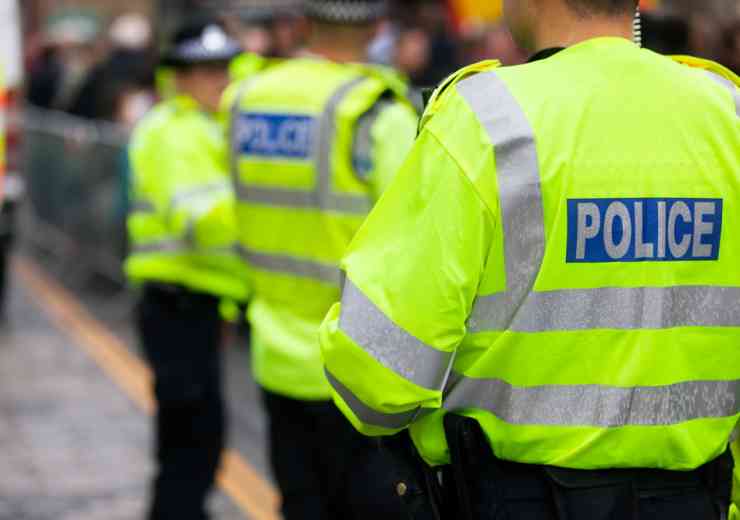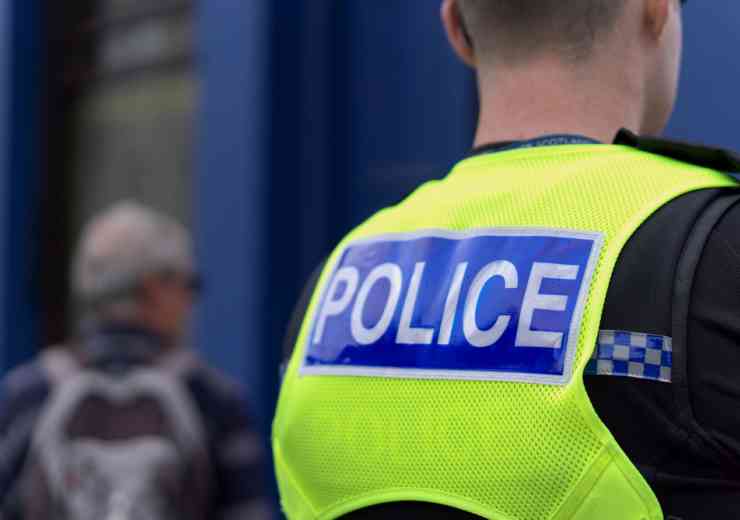South Wales Police 'unlawful' in facial recognition use
The Court of Appeal has ruled that the use of automatic facial recognition technology by South Wales Police is unlawful, following am ongoing legal challenge brought by Ed Bridges and the civil rights group Liberty.
Bridges' face was scanned while he was Christmas shopping in Cardiff in 2017 and at a peaceful anti-arms protest outside the city's Motorpoint Arena in 2018. He claimed that being identified by automatic facial recognition had caused him distress.
Upon taking the issue to court, Bridges said it breached his human rights when his biometric data was analysed without his knowledge or consent.
The court upheld three of the five points raised but also found its use was proportionate interference with human rights. The ruling said there was no clear guidance on where automatic facial recognition Locate could be used, and who could be put on a watchlist.
It said as a result a data protection impact assessment was deficient and the force did not take reasonable steps to find out if the software had a racial or gender bias.
Surveillance Camera Commissioner Tony Porter said: I have repeatedly called for open debate from all sides on this very important issue. If there is to be an ethical and evolutionary process for the legitimate use of automated facial recognition technology by the state then it is essential that the public have trust in the technology, its legal and regulatory controls and the honesty of endeavour by the police themselves.
“The Court of Appeal case, it’s submissions and findings, are a key element of that evolutionary process. The spirit in which all parties contributed to these important appeal proceedings is to their credit and the court rightly acknowledged this. I was particularly encouraged by the approach to these proceedings by South Wales Police who have worked so hard to be transparent and ethical in their approach to use AFR technology in this pilot phase. Doubtless the learning from this appeal process will be valuable to them as well as other parties.
“I very much welcome the findings of the court in these circumstances. I do not believe the judgment is fatal to the use of this technology, indeed, I believe adoption of new and advancing technologies is an important element of keeping citizens safe. It does however set clear parameters as to use, regulation and legal oversight.”
Liberty has repeatedly claimed that there are ‘no legal constraints’ on using automatic facial recognition, saying in court that if everyone was stopped and asked for their personal information on the way into a stadium, people would feel uncomfortable.
South Wales Police has been developing the use of the technology since 2015, but is not the only force to face scrutiny over its use. In September last year a group of politicians and campaigners argued that police and companies in the UK must stop using live facial recognition for public surveillance.
This followed reports that the Kings Cross estate was using facial recognition technology without telling the public, with both the Metropolitan Police and British Transport Police having supplied the company with images for their database.






















